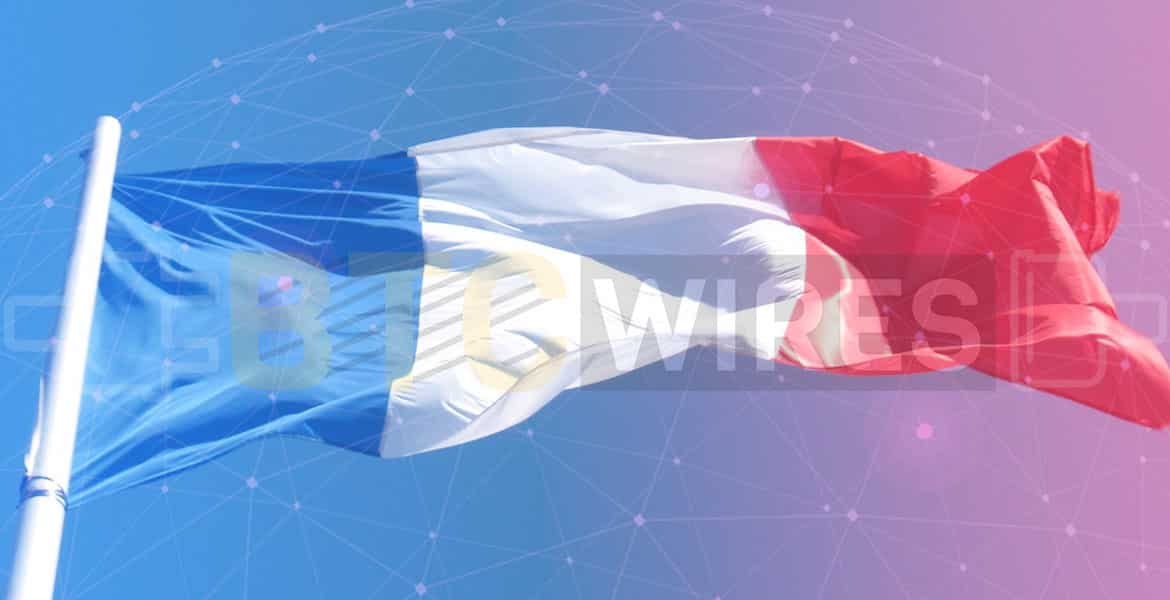After the inauguration of the new technology, the world was

After the inauguration of the new technology, the world was divided into sceptic and believers. The nation that did not want their economy to get unstable, as they described it, did not open arms to the technology simultaneously other countries who wanted to stake their reputation or the one who believed in it had welcomed them.
France seems to have a keen interest in the new technology. The French recently slashed taxes on earnings made of cryptocurrencies trading by over half, France has implemented a new legal framework for initial coin offerings (ICOs). The French Minister Bruno Le Maire announced, “French lawmakers have passed a regulation setting out guidelines for initial coin offerings (ICOs).”
Mr Le Maire said on Twitter that Article 26 had been “adopted in (parliamentary) committee”, as part of French President Emmanuel Macron’s broader plans to improve business growth and transformation.
“A legal framework for ICO is created,” he said, in translation. “This legal framework will attract innovators from around the world #blockchain…”
With this, the French financial regulator Authorité des Marchés Financiers (AMF) can approve and issue permits to companies that are planning to expand the ICO business in France provided “these jobs provide special guarantees for investors. ” The issuers will be expected to offer whole disclosure to the AMF. The lack of regulation and the possibility of loss, money laundering and terrorist fundings are the primary concerns of regulators.
Under the presidency of Emmanuel Macron, France is trying to transform itself into a haven for business with the interest of cryptocurrency with the world. Earlier this year, Mr Macron launched the Action Plan for Business Growth and Transformation (PACTE), which, among other things, aims to make it simple for organizations to operate in France, and also to lay legal guidelines for fund raising via nominal earnings.
Law firm Kramer Levin explained the new legal framework, “… (the legislation) provides a definition of tokens, indicating that a token is intangible property symbolizing, in numerical form, one or more rights which may be issued, filed, conserved or transferred using a shared digital registration mechanism which eases the identification, directly or indirectly, of the owner of said property. ”

